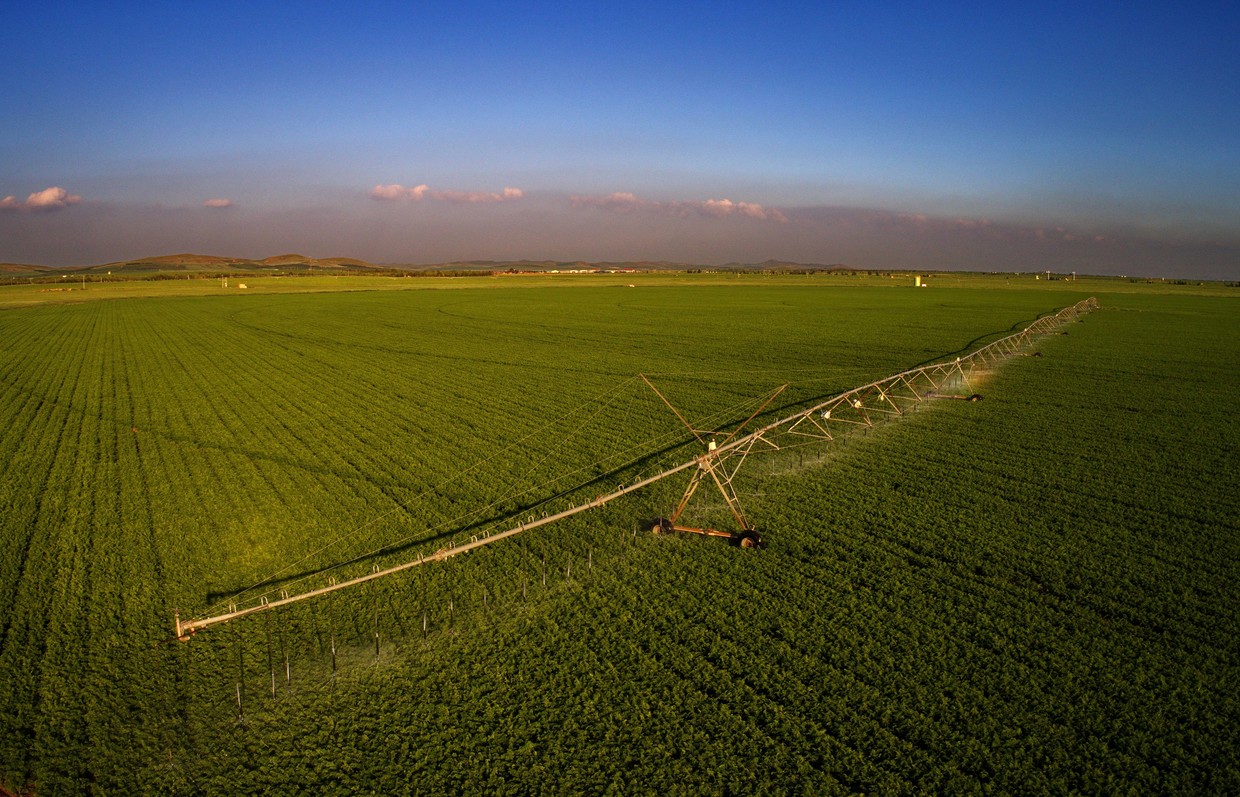According to ministry official Ni Wenjin, China has the largest expanse of irrigated lands in the world, which helps ensure domestic food security.
“The development of irrigation and drainage is one of the priorities of the ongoing rural vitalization and agricultural modernization drive in China,” said Ni at a Belt and Road forum on irrigation and drainage, as cited by Xinhua News.

He said the country has seen 20 million more hectares of lands irrigated with agricultural water consumption basically unchanged for three decades. That was possible due to the use of water-saving irrigation technology in 46.3 percent of irrigated lands nationwide.
Ni noted that pricing reforms for agricultural water are also underway to help economize water usage.
Also on rt.com China’s new Silk Road trade expands to over $600 billion in first half of 2019
According to the official, agreements and memorandums have been inked with over 60 countries regarding irrigation-related cooperation since the Belt and Road Initiative was announced in 2013.
A nation which has to feed nearly 1.4 billion people, China has been building drought and flood resistant farmland over the last eight years. With more than 40 percent of China’s arable land suffering from degradation, the government has been creating 55 billion tons of artificial rain a year since 2013. The efforts are part of a project called Tianhe or ‘Sky River’, in which China hopes to force extra rain over 1.6 million square kilometers, an area roughly three times the size of Spain.
For more stories on economy finance visit RT’s business section
Article source: https://www.rt.com/business/465463-china-irrigates-worlds-biggest-area/?utm_source=rss&utm_medium=rss&utm_campaign=RSS